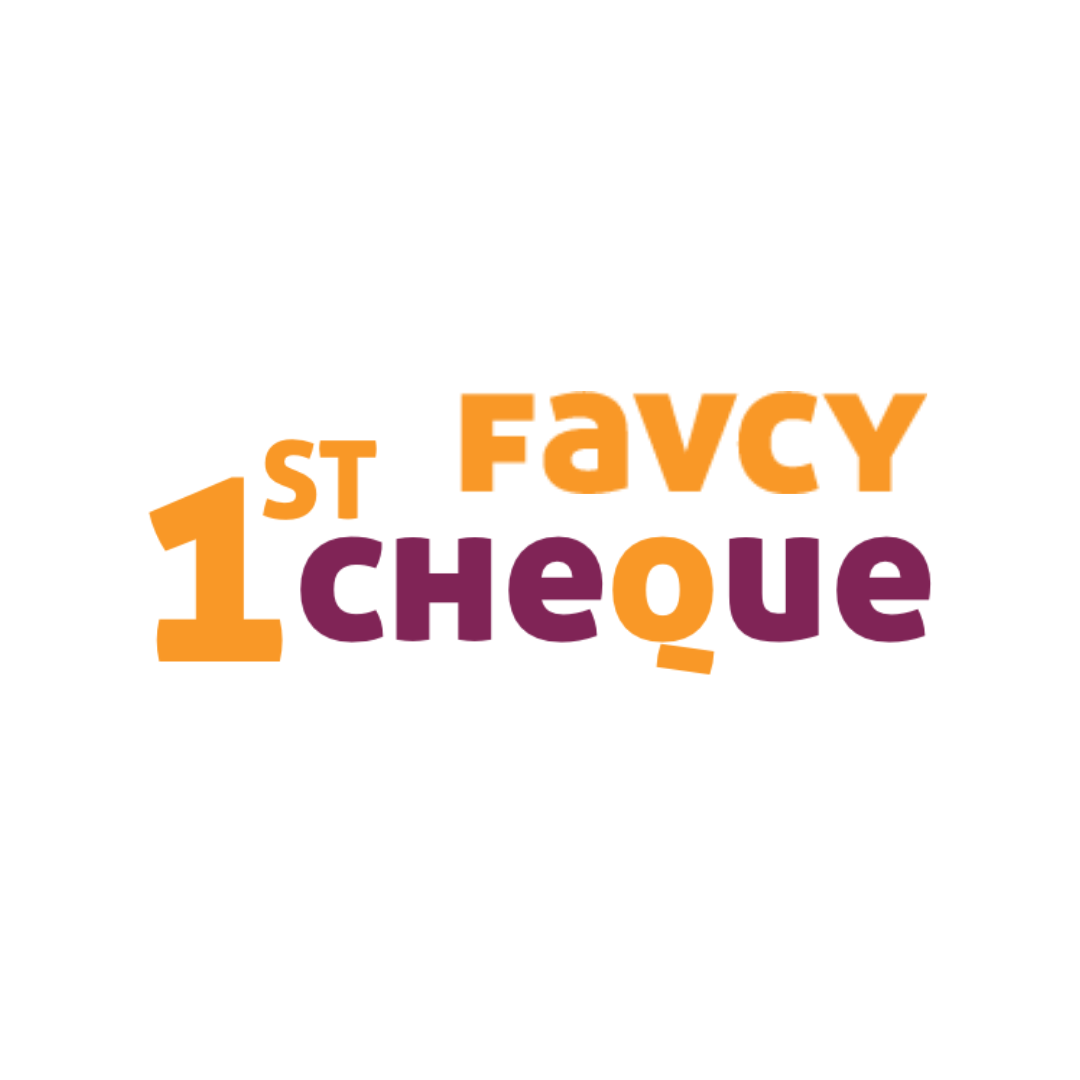
How are startup ideas validated here at India's largest Venture Builder?
The Idea Validation Factory
What distinguishes a mundane idea from a stellar one? And how does a Venture Builder collect for itself a chest full of stellar ideas to build upon?
Why is validating an idea important?
Validating an idea is the first step towards building your own startup. It helps check if you are providing differentiated but relevant value to a particular stakeholder.
But there are millions of mediocre ideas. How do I know if mine's worth a dime?
Startup Silicon Valley culture has the world believing that it’s all about being a Space X-style visionary. You have to create something fundamentally unique, groundbreaking tech that will “disrupt the world”. Sure, that might be one grand approach.
But when you look at the most successful businesses in history, most don’t do anything original, you can take something very standard and execute it much better.
Look at successful tradesmen, builders, and carpenters, nothing is original about the concept, it’s time to stop looking for that unicorn. The first-mover advantage concept has been around for ages but times have changed and the innovation has now outpaced the market.
Recently, it has become a lot more about making your product so good, it’s the only one people want to use.
How do we validate ideas here at Favcy?
We've got our own idea validation tool! DREK.
DREK aims for the idea to reveal its most relevant stakeholders and the differentiation towards each stakeholder.
Sounds confusing? It really isn't. Here's an excerpt from an older blog of ours that dives right into it!
D.R.E.K stands for Differentiation, Relevance, Experience of the product, and Knowledge of the product.
DREK Analysis is a validation exercise that involves identifying entities by giving impact words to generate a DREK score. Let’s break it down step by step.
Pre DREK Identification
It all begins with identifying all entities that can be stakeholders in the idea. This part is highly crucial for the founder as the wholesome identification of the entities brings awareness to the founders of the ones that weren’t included in their initial idea. This part of the exercise aims to include every stakeholder regardless of the founder’s preconceived vision.
Impact Words
After identifying the entities for the idea, they are broken down into individual parties to get hold of key stakeholders. Then, the founders are asked to give ‘Impact Words’ which are basically aspects that will be impacted for each of the entities involved.
Finally, the DREK Evaluation
It ultimately comes down to the DREK score after identifying the entities and creating impact words. In this, we, along with the founders, determine the differentiation and relevance of those impact words, do thorough data analysis, and calculate the final DREK score.
But, what exactly are differentiation and relevance?
Differentiation in the DREK analysis is the uniqueness of the spot. (If the entity cannot find the offering somewhere else, the differentiation is high).
Relevance is defined as how relevant the impact words are for every entity.
Founders share their gutshot on a scale of 1-10. A lower score on D or R means that the idea is not differentiated & relevant enough for the entity in question.

The initials E and K in the DREK score stand for experience and knowledge, respectively. Experience is how effectively your customer life cycle is defined, and K is the product/brand platform's environment. We put a 10/10 score because we're at an idea stage and this cannot be defined yet. From an idea validation standpoint, this helps you ascertain whether your product will be successful or not.
After validating the scores for differentiation and relevance, the final multiplier is calculated via (D*R*E*K)/10000.
<A multiplier score below 0.4 on an entity usually means that the entity needs to be negated>
*When the models created upon the initial DREK conclusions have inconsistencies, changes can be made in the number of entities and value propositions.
The beauty of DREK Exercise is that it enables a founder to figure out what positioning should the idea take in the market depending on the D & R scores of various entities. DREK Analysis also helps a founder to figure out whitespaces in the market and accordingly finalize on a specific positioning. Via the DREK Exercise, founders are able to discover their key entity- for whom is the platform most differentiated & relevant in the market.
What’s next?
Following the multiplier from the DREK score, the business modeling proceeds with differential landscaping.
Differentiation Landscaping is basically presenting the existing players offering either similar or closely related products/services/solutions. Note that these players will have all kinds of B-models, hence, giving a sense of the available spots and competition. (The goal is to find the most frugal starting spot).
Using the multiplier scores and the differentiation landscape, the founders start to get hold of facts that might promote or demote their initial vision.
Bottomline
An idea by itself isn’t worth much, especially to every entrepreneur that ever tried to sell one. What is perhaps less obvious is that new ideas, whether good or bad, are easy to come by. After all, most startups — even the successful ones — are more often than not based on fairly straightforward ideas, often a variation on something that already works.
The people behind the idea, the founder(s) if you will, are what makes the idea valuable.
There are a lot of good ideas out there. But there are also a lot of good operators. The companies that win don’t have only one or the other; they have both. If you have a great team who can execute on your billion idea, then it is worth exactly that.
[P.S. Luckily for you, if you have a stellar idea brewing up in your head, you can get it validate at Favcy's first-ever Idea Validation Bootcamp and get the chance to build your venture with India's largest Venture Builder.]
Stay tuned to receive the latest industry trends, investor insights, our exclusive angel bytes, and much more!

A platform for first-time angel investors to learn the science of early-stage startup evaluation. Get exclusive access to pre-vetted deal flow and make your first investment.
Subscribe to our newsletter 👇🏻 Don't worry, it'll take just few seconds :)
Reach out to us: